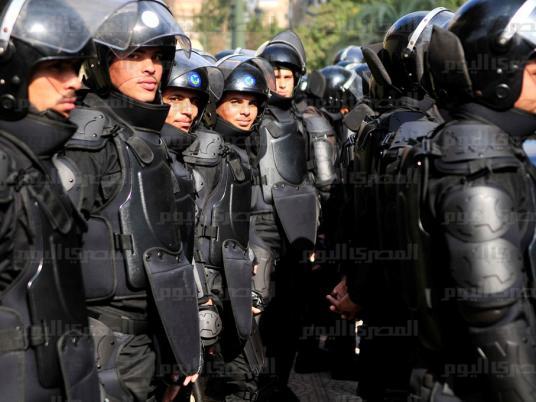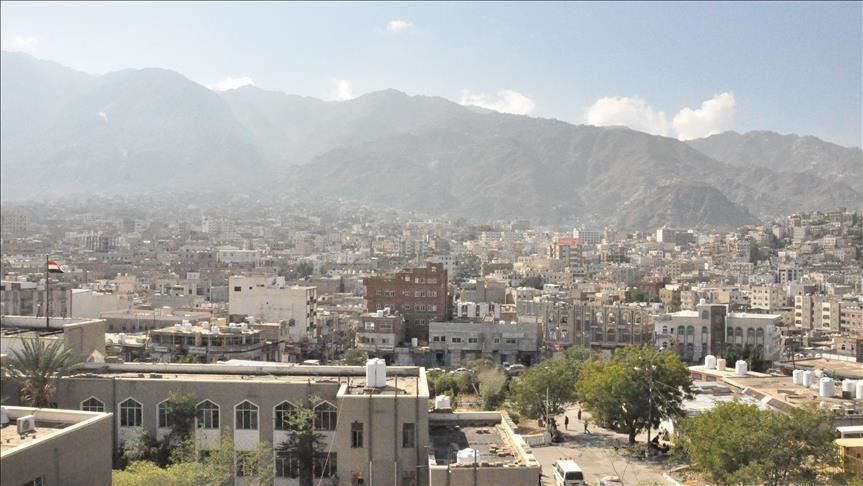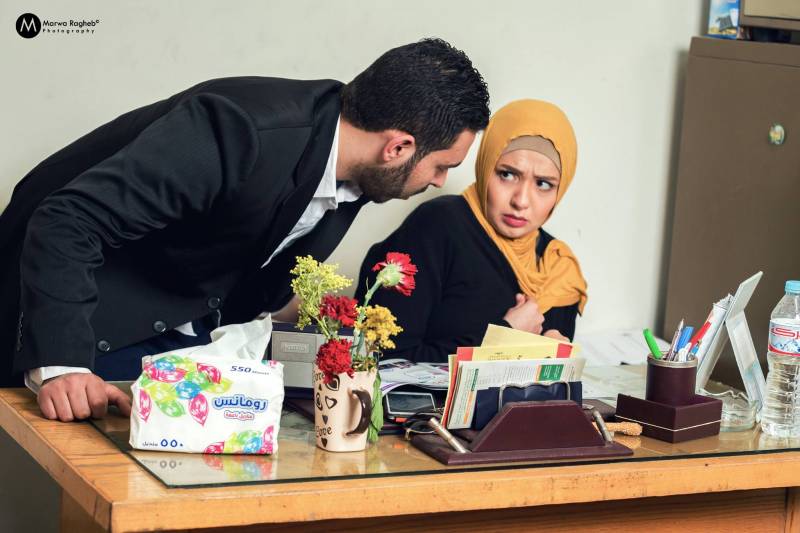
Egypt's Muslim Brotherhood, fighting for its political survival, has accused security forces of killing dozens of detained Islamists, upping the pressure in a crisis that has rocked the Arab world's most populous state.
At least 850 people have died since last Wednesday in clashes pitting followers of deposed Islamist President Mohamed Mursi against the army-backed government in the worst bloodletting in Egypt's modern history.
As Western anxiety grows, Egypt's army chief vowed to stand firm in the face of violence on Sunday, calling on the Brotherhood to bow to the will of the people and accept the July 3 removal of Mursi, which followed mammoth street protests.
Senior European Union diplomats will meet in Brussels on Monday to review how best to leverage some 5 billion euros ($6.7 billion) of promised grants and loans, looking to apply pressure on Cairo's new rulers to find a compromise deal.
Since the fall of the autocratic Hosni Mubarak more than two years ago, Egypt has staggered from one crisis to another, alarming allies in the West and in neighboring Israel, with which it has had a peace treaty since 1979.
But Saudi Arabia warned the United States and Europe on Sunday against pressing the government to halt a crackdown on the Brotherhood, which it has always eyed with distrust.
The Interior Ministry said 36 Brotherhood members died during an attempted prison breakout on Sunday near the capital, saying the prisoners had been suffocated by tear gas.
Offering a very different version of events, a legal source told Reuters 38 men had died from asphyxiation in the back of a crammed police van. The Brotherhood, battling to reverse the overthrow of Mursi, held the authorities responsible.
"The murders show the violations and abuses that political detainees who oppose the July 3 coup get subjected to," it said.
Hundreds of Brotherhood supporters have been arrested in recent days across Egypt in an effort to end weeks of protests, but the group has said it will not retreat and staged rallies in both Cairo and Alexandria on Sunday.
The government says at least 70 members of the security forces have died in the past five days and the prime minister has proposed disbanding the 85-year-old Brotherhood.
DESTRUCTION
In his first public comments since hundreds of people were killed when security forces cleared two pro-Mursi camps in Cairo last Wednesday, army chief Abdel Fattah el-Sisi said he would not "stand by silently watching the destruction of the country".
Striking an inclusive note in a televised speech, he told Mursi's supporters: "There is room for everyone in Egypt." But he said they had to "revise their national position".
The capital's frenetic streets, unusually empty in the past few days, were busier on Sunday, although the army kept several big squares closed and enforced a dusk-to-dawn curfew.
Banks and the stock market reopened for the first time since Wednesday's carnage, and shares plunged 3.9 percent, underscoring the country's growing economic problems.
French Foreign Minister Laurent Fabius warned that if the violence continued, the European Union might have to reduce some of its assistance programs.
Speaking on France 2 television, he said cutting aid would be difficult, as EU money allowed "Egyptians to eat and receive medical treatment". However, "loans are easier to cut," he said.
Saudi Foreign Minister Prince Saud al-Faisal, on a visit to Paris, urged caution. "We will not achieve anything through threats," he said, speaking through an interpreter.
In calibrated rebukes to the army, the United States has delayed delivery of four F-16 fighters and scrapped a joint military exercise, but it has not halted its $1.55 billion a year in aid to Egypt, mostly to finance U.S.-made arms supplies.
However, on Sunday, Republican and Democrat U.S. lawmakers – several of them reversing earlier stances from before the crackdown – said Washington should suspend the aid.
"For us to sit by and watch this happen is a violation of everything that we stood for," said Senator John McCain, a Republican from Arizona.
"There are many areas where we could exercise influence over the generals, and we're not doing any of it, and we're not sticking with our values," he said.
Foreign Minister Nabil Fahmy sought to pre-empt any Western attempt to use aid flows as a lever by saying he would look at all such assistance to see "what aid is being used to pressure Egypt and whether this aid has good intentions and credibility".




